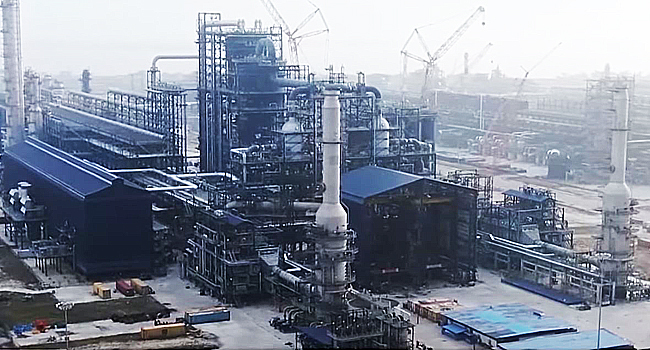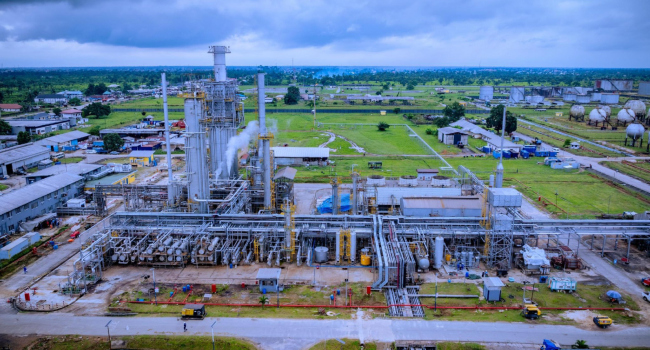The President of the Trade Union Congress (TUC), Festus Osifo, has debunked claims that Nigeria’s state-owned refineries never worked, insisting that they were only shut down due to inefficiency and heavy financial losses.
Speaking on Politics Today on Channels Television, Osifo, an engineer with over two decades of experience, said it was misleading for anyone to say the refineries were inactive from inception.
“I know when a system is working and when it’s not. The refineries worked, but they were not working efficiently,” he explained.
Why Refineries Were Shut Down
Osifo revealed that the facilities were closed because they were running at a loss.
“When you feed crude oil worth $10 million into a refinery and get products worth only $9.5 million, you are operating at a loss. That’s what happened. It wasn’t that the refineries never worked,” he said.
He added that during a meeting with the Group CEO of NNPC Limited, the union was informed that the shutdown stemmed from “material balance issues”—the output value being less than the input.
The TUC president also noted that a technology gap contributed to the problem. According to him, the older refinery units used to feed the newer ones to refine products like PMS to the right specifications, but government’s attempt to separate the units created inefficiencies.
Call for Private Sector Involvement
Osifo urged the Federal Government to hand over majority stakes in the refineries to private investors.
“We have consistently advised that government should give private investors at least 51% ownership in the refineries. Once they have controlling stakes, efficiency will return,” he emphasized.
State of Nigeria’s Refineries
Nigeria has four state-owned refineries located in Port Harcourt, Warri, and Kaduna, with a combined capacity of 445,000 barrels per day. For years, they underperformed due to poor maintenance, corruption, inefficiency, and vandalism.

Rehabilitation efforts in late 2024 and early 2025 have seen the Port Harcourt and Warri plants resume partial operations. Meanwhile, the privately-owned Dangote Refinery in Lagos, Africa’s largest, is already operating at about 85% capacity and aims to hit 700,000 barrels per day by year’s end.
While the Dangote facility has raised hopes of cutting fuel imports, concerns remain about potential monopoly in the oil and gas sector.

#FestusOsifo #TUC #NigerianRefineries #DangoteRefinery #NNPC #Petroleum #EnergyNews #NigeriaOilAndGas






